A justice of the Federal Constitutional Court of Germany, Justice Dr Sibylle Kessal-Wulf, says the relations between the national constitutional organs must be influenced by mutual respect among the political class and the judiciary.
He says tensions have permeated the relations of politics on one hand and constitutional jurisprudence on the other due to critical decisions of the constitutional court that doesn't favour political groups or regimes.
Justice Dr Sibylle Kessal-Wulf speaking at the Inaugural Dean's Lecture Series of the GIMPA Law Faculty under the topic: The Constitutional Court of Germany and the Basic Law, in Accra, mentioned that the constitutional court is established to protect the basic law of the country and has powers to nullify any enactment that contravenes the basic laws of the land.
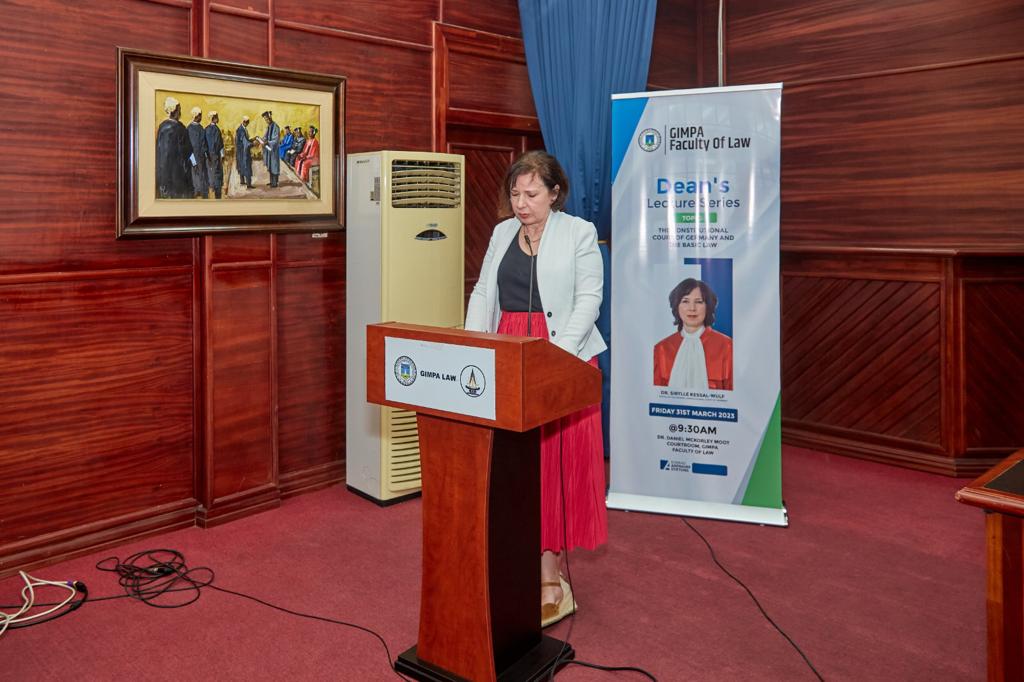
She affirmed that over the years, there has been tension between the political class and the judicial organs of state on many landmark constitutional cases that don't favour the political class.
Dr Justice Sibylle Kessal-Wulf said some criticisms from the political class on major constitutional cases don’t promote mutual relations.
Adding that, the fact that some of the constitutional court decisions may face criticism doesn't merit a different assessment of the constitutional court in the public sphere.
She added that the laws of the country must never be adapted to politics but politics to the law.
‘The primary function of the constitutional court as a guardian of the constitution is to ensure that no political group has the power to bend the law’ Justice Kassal-Wulf.
The architecture of the Federal Constitutional Court of Germany
The Court is composed of two Senates, each with eight members. The President is currently Chairman of the First Senate, the Vice-President is the Chairman of the Second Senate.
In both Senates, there are several chambers, each with three members. The 16 judges are each supported by four research assistants.
They regularly have several years of professional experience at specialist courts, authorities, law firms or jurisprudence.
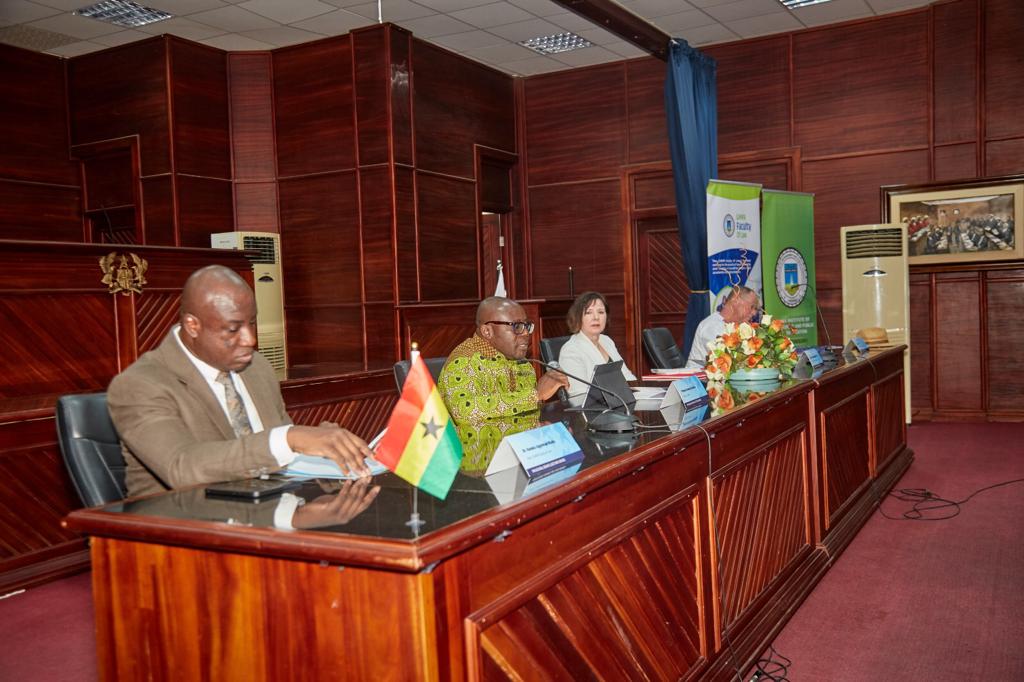
Half of the 16 members of the Federal Constitutional Court are elected by the Bundestag and half by the Bundesrat, which also alternately appoints the President and the Vice-President. A two-thirds majority is required for the election. This is to ensure balance in the Senates.
At least three members of each Senate must come from the highest federal courts (Federal Court of Justice, Federal Administrative Court, Federal Finance Court, Federal Labor Court and Federal Social Court) so that their special judicial experience can be incorporated into the jurisprudence of the Federal Constitutional Court.
Any person who has reached the age of 40 and is qualified to hold judicial office in accordance with the German Judiciary Act is eligible. The judges are elected for twelve years; the age limit is 68 years of age. To secure their independence, re-election is excluded.
Function of the Federal Constitutional Court of Germany
The Federal Constitutional Court in Karlsruhe monitors compliance with the Basic Law of the Federal Republic of Germany. Since its foundation in 1951, the court has helped to give prestige and effect to the free democratic basic order. This applies above all to the enforcement of fundamental rights.
All state authorities are obliged to comply with the Basic Law. If a dispute arises, the Federal Constitutional Court can be appealed. His decision is final. All other organs of the state are bound by its jurisdiction.
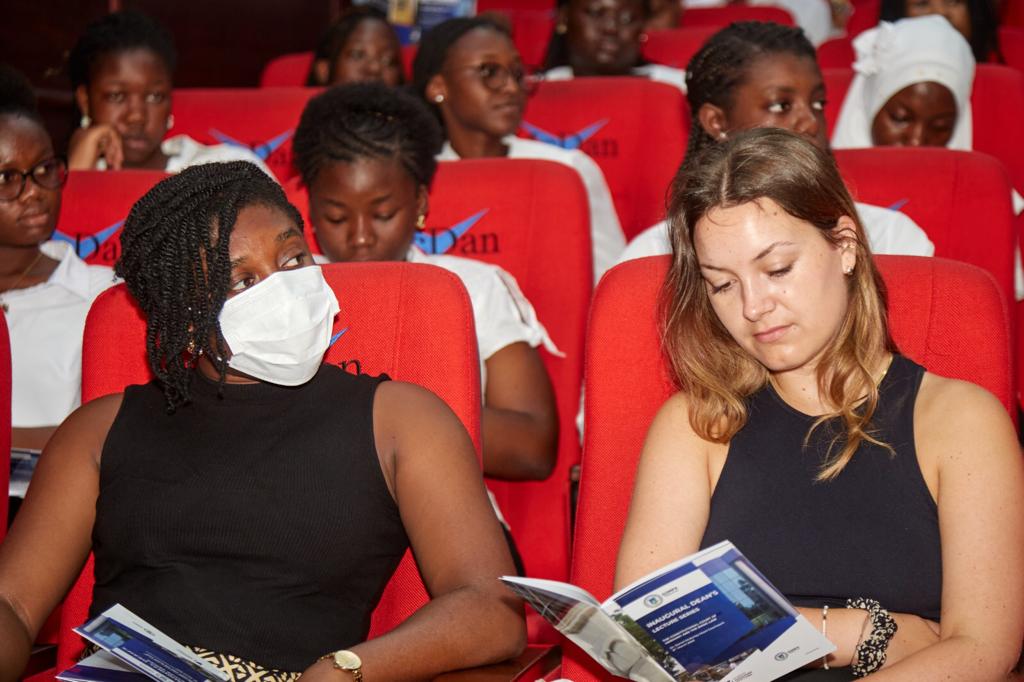
The work of the Federal Constitutional Court also has a political impact. This becomes particularly clear when the court declares a law unconstitutional. However, the court is not a political body.
Its yardstick is solely the Basic Law. Questions of political expediency must not play a role for the court. It only determines the constitutional framework within which politics can unfold. The limitation of state power is a hallmark of the modern democratic constitutional state.
Dean’s Lecture Series
Dean of the GIMPA Law Faculty Dr Kwaku Agyemang-Budu mentioned that the Dean's Lecture Series aims at addressing a wide range of topics, including constitutional governance and structure, human rights, international law, corporate governance, environmental law among others to influence legal education and practice in Ghana and beyond.
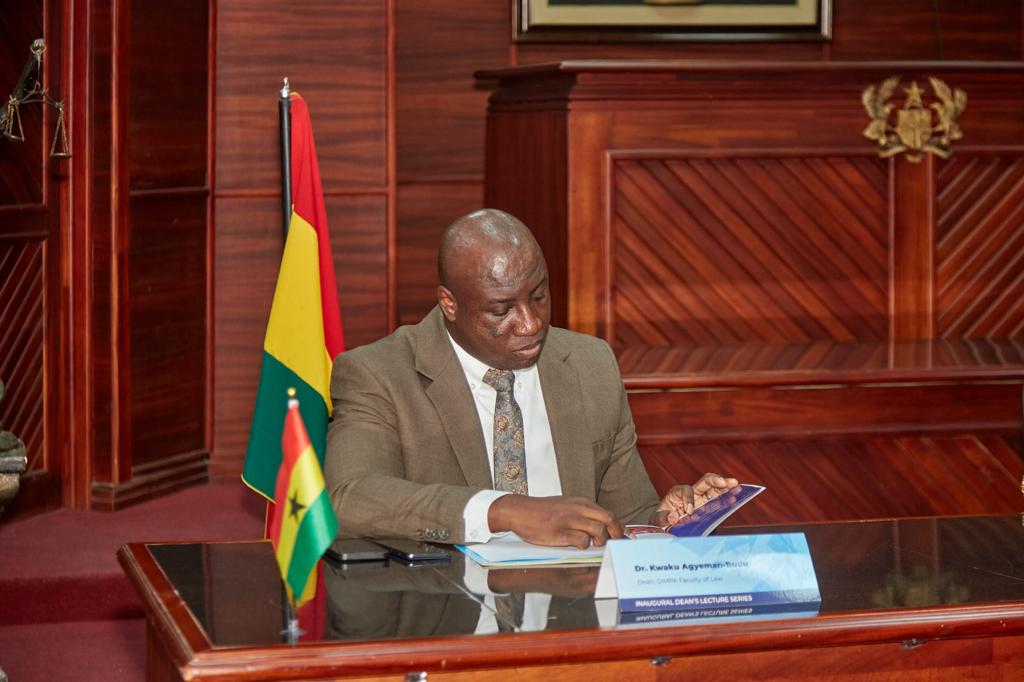
Dr Kwaku Agyemang-Budu said that the Ghanaian legal system has made some significant progress, towards responding to local and international developments in legal education, the practice of law, and justice delivery, among others.
He added that the legal community has been instrumental in promoting the rule of law, protecting human rights, and fostering good governance globally. A significant amount of these strides, he said have been achieved through the adoption and localization of cross-jurisdictional and international best practices and procedures.
"As the world continues to change rapidly, so do the legal challenges we face. It is therefore vital that we, as a progressive community, remain informed, engaged, and intellectually curious about contemporary global approaches to strengthen the law and its institutions," Dr Agyemang-Budu said.
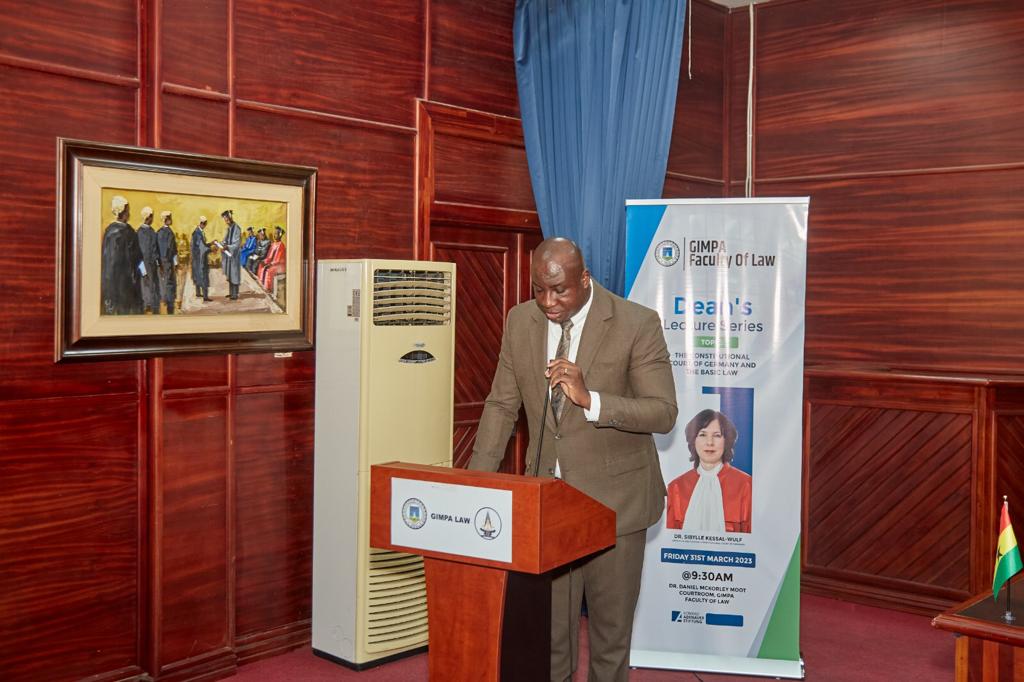
He said the GIMPA Law School Dean's Lecture Series has been instituted to serve as an annual platform for critical conversations on cross-jurisdictional perspectives, bringing together highly renowned jurists, legal experts, scholars, and practitioners to share their insights and engage in critical dialogue on contemporary legal issues
Dr Agyemang-Budu mentioned that, through this platform, the GIMPA Law Faculty aims to promote the exchange of ideas and knowledge and to contribute to the development of legal practice and education in Ghana and beyond.
Latest Stories
-
Kwame Boafo Akuffo: Court ruling on re-collation flawed
17 minutes -
Samuel Yaw Adusei: The strategist behind NDC’s electoral security in Ashanti region
19 minutes -
I’m confident posterity will judge my performance well – Akufo-Addo
31 minutes -
Syria’s minorities seek security as country charts new future
1 hour -
Prof. Nana Aba Appiah Amfo re-appointed as Vice-Chancellor of the University of Ghana
1 hour -
German police probe market attack security and warnings
1 hour -
Grief and anger in Magdeburg after Christmas market attack
1 hour -
Baltasar Coin becomes first Ghanaian meme coin to hit DEX Screener at $100K market cap
2 hours -
EC blames re-collation of disputed results on widespread lawlessness by party supporters
2 hours -
Top 20 Ghanaian songs released in 2024
3 hours -
Beating Messi’s Inter Miami to MLS Cup feels amazing – Joseph Paintsil
3 hours -
NDC administration will reverse all ‘last-minute’ gov’t employee promotions – Asiedu Nketiah
3 hours -
Kudus sights ‘authority and kingship’ for elephant stool celebration
3 hours -
We’ll embrace cutting-edge technologies to address emerging healthcare needs – Prof. Antwi-Kusi
4 hours -
Nana Aba Anamoah, Cwesi Oteng special guests for Philip Nai and Friends’ charity event
4 hours

